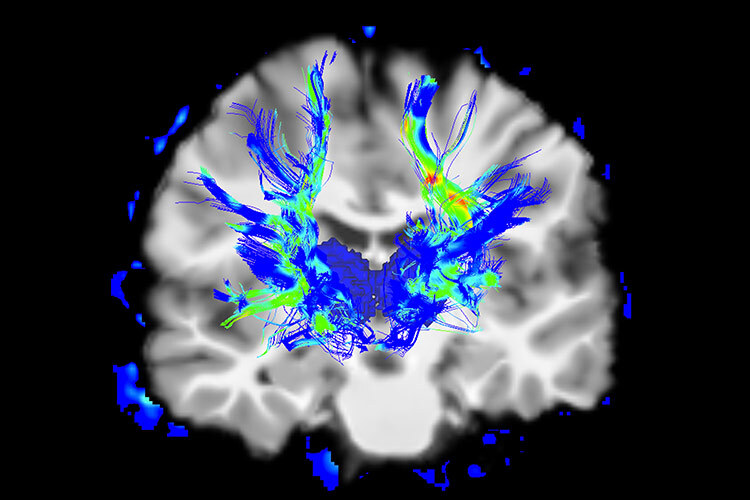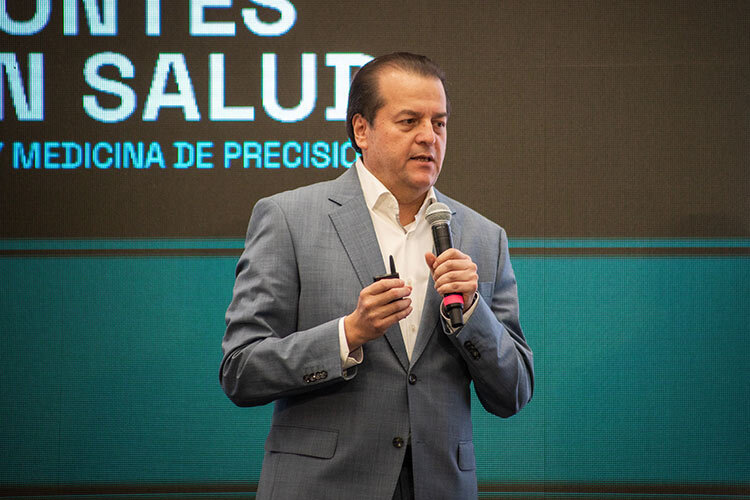A 65-year-old patient with Parkinson’s who wasn’t responding to conventional treatment has become the first person in Mexico to receive bidirectional electrode implants for Deep Brain Stimulation (DBS).
Bidirectional electrode treatment consists of inserting these devices into specific areas of the brain and connecting them to a neurostimulator, which sends electrical impulses to improve the symptoms caused by this condition.
Once these implants are inserted, the equipment sends electrical impulses that effectively manage the characteristic symptoms of Parkinson’s disease, including tremors, bradykinesia, and motor complications.
Deep Brain Stimulation: Less Medication, Fewer Side Effects
Fortino Salazar, a TecSalud neurosurgeon who took part in the procedure, explained that the treatment lowers the amount of medication traditionally used by 50% on average, as well as reducing side effects.
“It enables patients’ quality of life to be improved with a more dynamic system that sends an electrical impulse to the brain. It can even detect brain activity and modify it, sometimes doing so instantaneously,” he said.
A multidisciplinary team performs resonance imaging and neuropsychological tests to evaluate patients who are candidates for this therapy and determine viability of the intervention.
The electrodes stay implanted in the patient’s brain for life, adapting to counteract the anomalous signals associated with Parkinson’s.
Some symptoms of the condition include resting tremors, rigidity and slowness of movement, and difficulties in walking.
This operation, led by the TecSalud Center for Parkinson’s and Movement Disorders, is a medical breakthrough for treating neurodegenerative diseases in the country.
Mexico records approximately 50 new cases of Parkinson’s for every 100,000 inhabitants per year, according to statistics from the “Manuel Velasco Suárez” National Institute of Neurology and Neurosurgery.


















